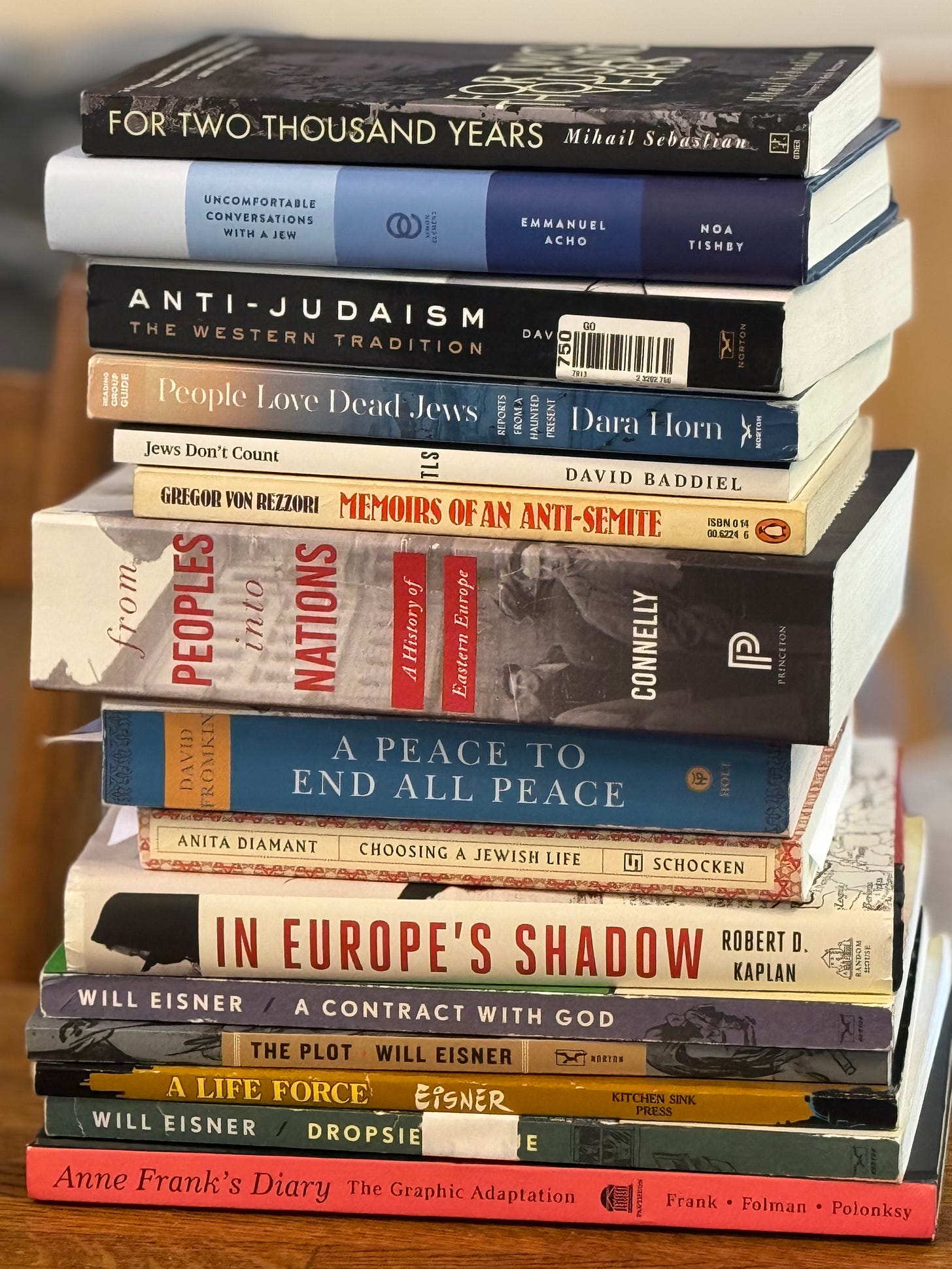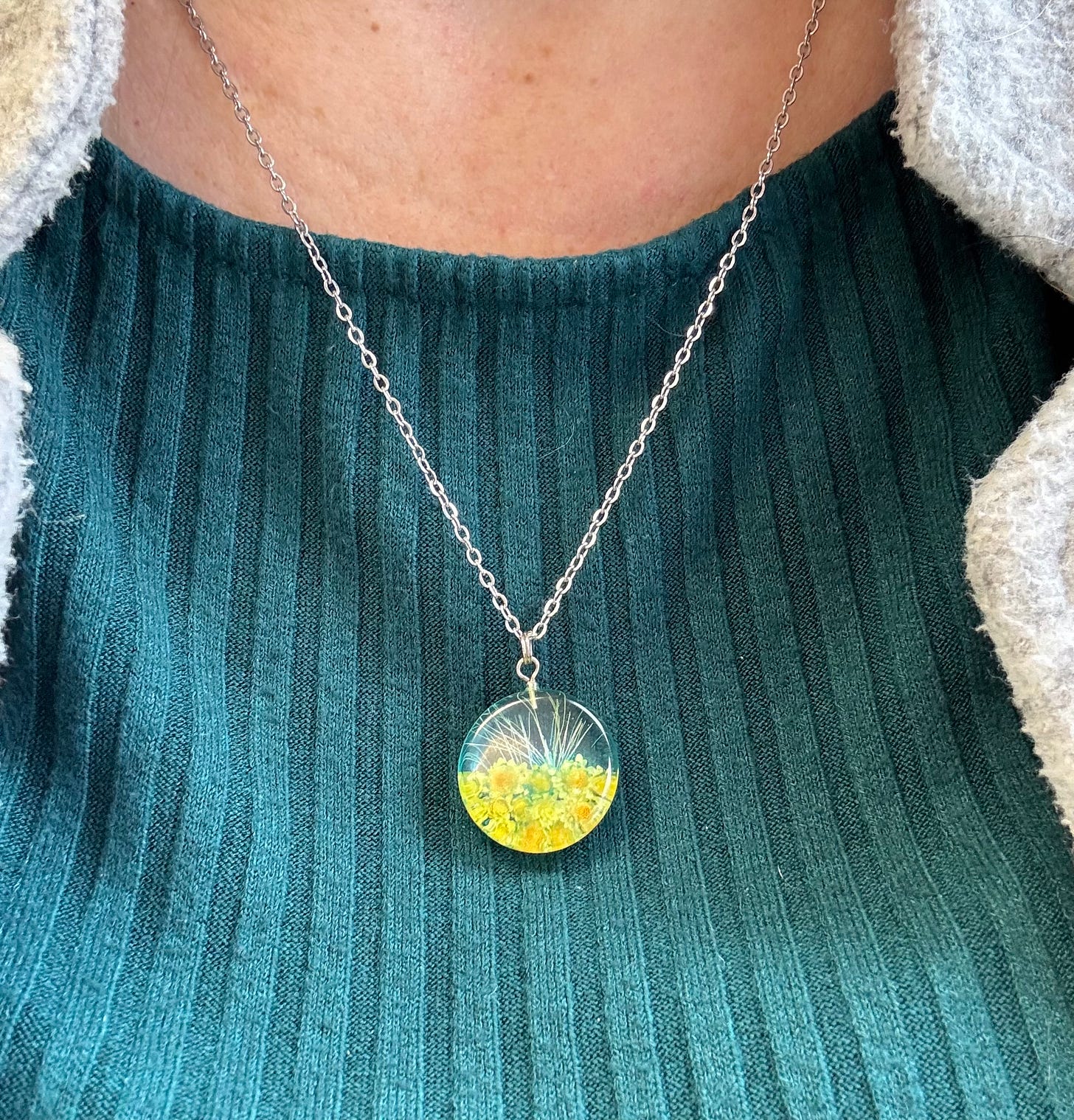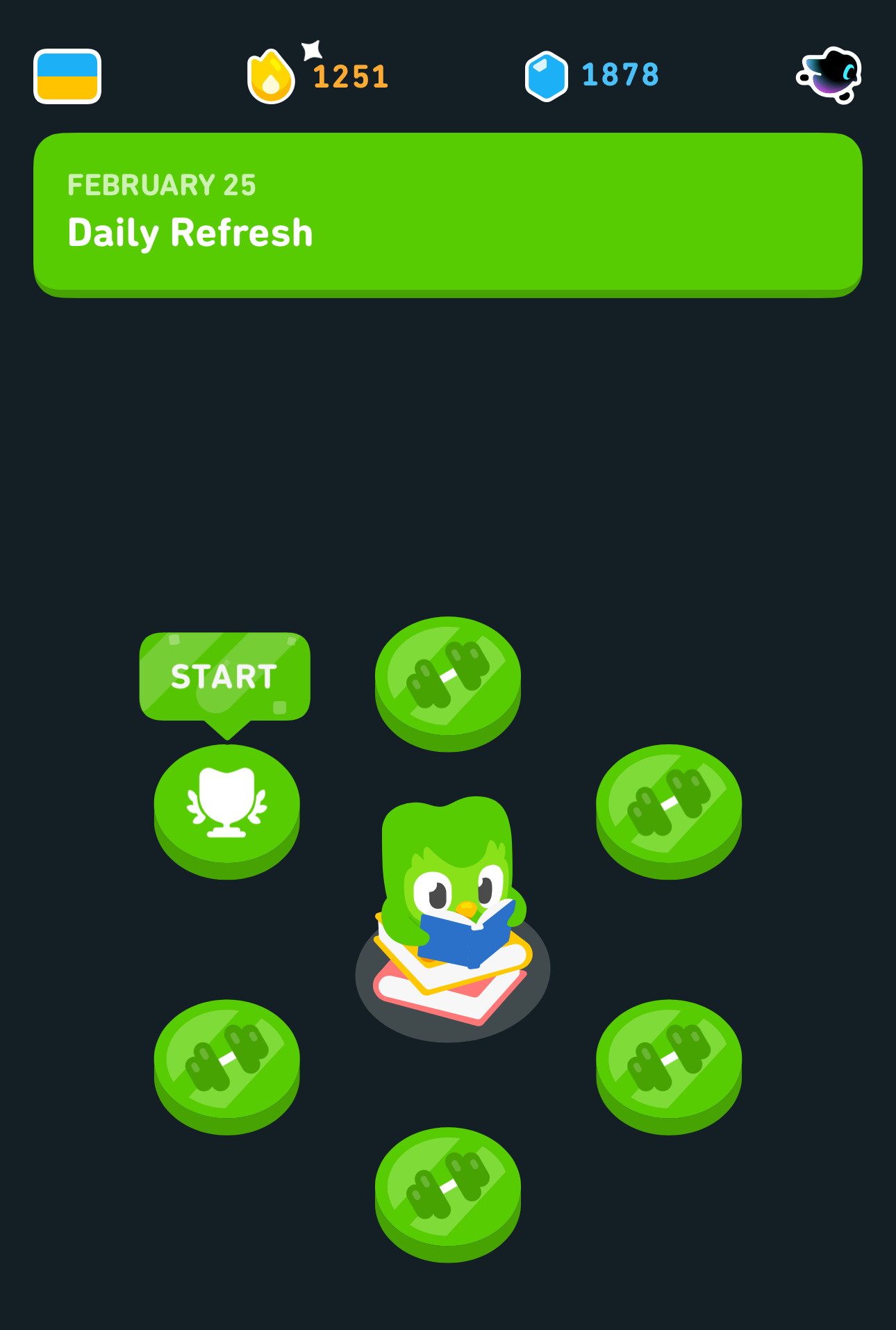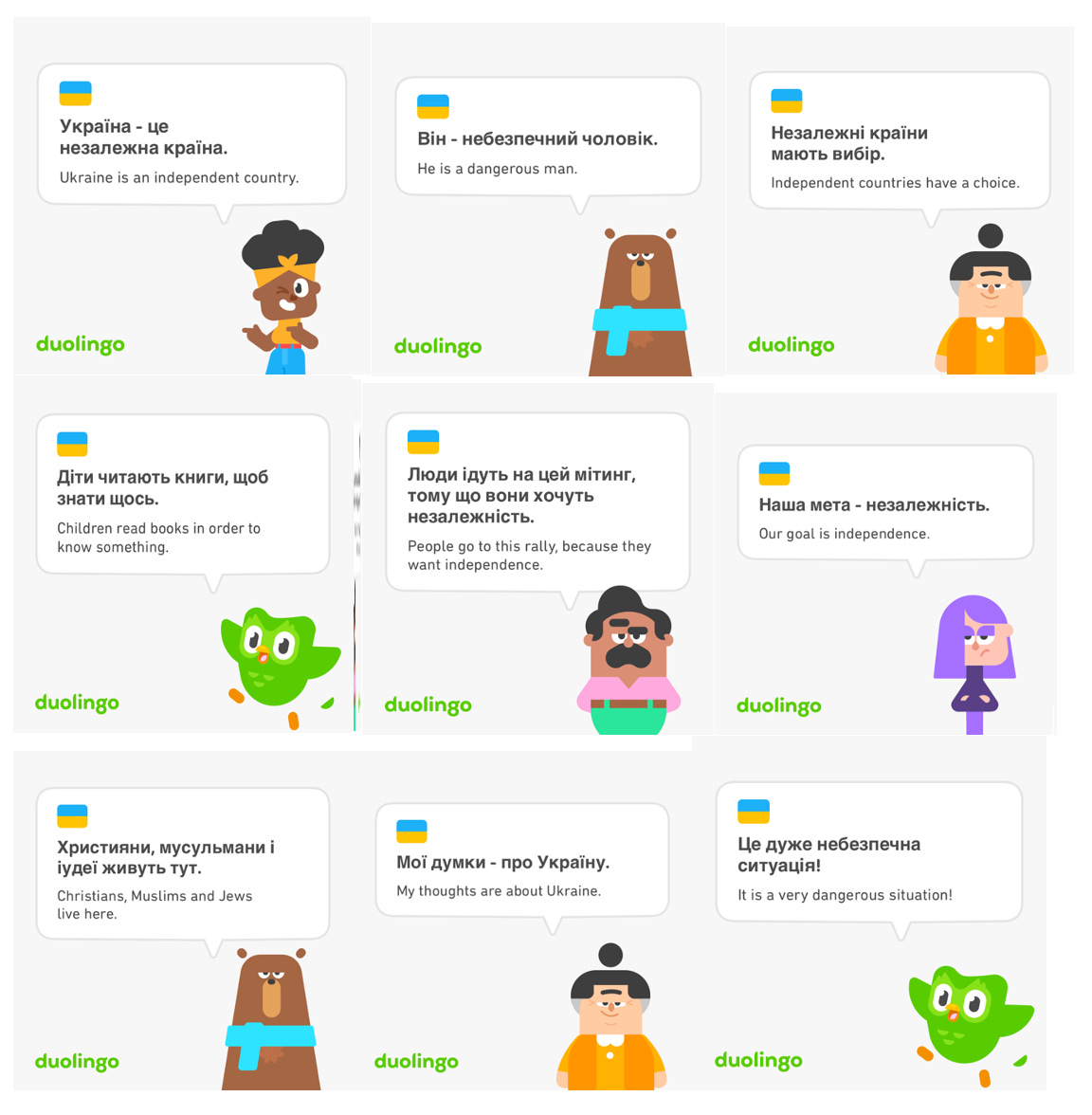This story will be brief.
The attack on Israel happened on a Saturday. I remember that because I wanted to contact my cousin whose mother lives in Israel, but I knew that he doesn’t use his phone on Saturdays, so I tried to write a message he’d still understand, even if he could only glance at the alert flashing on the screen.
What happened to the people in the Nir Oz Kibbutz and at the Nova music festival is quite literally the stuff of my nightmares. Specifically: angry humans fueled by hatred propelled across a barrier to do harm to othered people for just existing, for just being the people who they are. This is also the fear of the home invasion, and the fear of the school shooting. The killers come with knives or guns or fire, and smiling kill you with joy in their eyes. They enjoy your fear, they enjoy your pain, they will try to prolong it.
This fear I have, it is a primal fear, a fear I think all humans bear, our fear OF other humans. There is nothing so cruel as facing death at the hands of people lifted into ghoulish celebration as your body is shredded, burned, bled out, or dismembered.
I would rather die a million deaths in blasts of unfeeling bombs, suffocate in a million faceless fires, be crushed a million times by tons of impersonal concrete, than endure even once the horrible intimacy of that kind of human torment.
But I don’t watch TikTok, and I am not Very Online. I missed that propaganda was even happening, reading, as I did, only the barest text of reports from mainstream news, and refusing to watch videos, refusing to watch even sanitized and blurred videos of the atrocities. I was terrorized enough by the simple fact of the attack, it shocked my sense of our shared human dignity, and of our shared mortality as fragile living beings on this earth.
Prior to hamas’s attack on Israel, I’d been planning a Spring ‘24 follow-up event on campus commemorating 2 years of full scale war in Ukraine. We’d had an initial event, called “Ukrainian Voices” just weeks after Russian invasion in ‘22. About a week after Israel was invaded on October 7, 2023, I suggested to others that we could combine these themes: the invasion of Ukraine, AND the invasion of Israel. Simply: expand the number of Voices.
This was my faux pas.
For, me, being foolish, I saw Ukrainians and Israelis in the same way, as human beings who’d been attacked by an enemy from across a border, many of whom had been mercilessly, indiscriminately, butchered, many targeted with rape and other tortures, many kidnapped, disappeared, even children — and the survivors: people who must live in fear, who try to carry on despite ongoing trauma, and who fight back to protect their homes and families. I saw the similarities in their suffering.
This was my faux pas.
Our second Ukrainian event never happened. But I can tell you about the one we did. That Ukrainian event was not politicized. It was simply about the lives impacted. We saw it as a way of documenting the stories of people who had the misfortune of living through History. We were not “neutral”: clearly we were interested in the lives and stories of the people attacked — not the attackers. But it was not a political event because it was about empathy, sympathy, and understanding the experience of violence at this scale. One of the people on our panel was a teenage first-year college student from Borodianka, a suburb of Kiev that was bombed so heavily she told us, “my home town is basically gone.” It was not just her words but the combination of grief and resolve in her voice that the event was about. Not geopolitics. Not whether mid-20th-Century diplomats drafted their borders correctly, or about autocrats’ present-day opinions of popular votes held in 1991, when the Soviet Union collapsed.
It seemed to me that the voices of the people who were experiencing violence, fear, stress, grief, and a renewed drive for national survival in Israel were every bit as worth hearing from. And in this, I was informed that I was wrong. Why? I wondered. I still wonder. Since then, I have read many books on the history of the Jewish people, the breakup of the Ottoman Empire and the Nationalisms of Eastern Europe, trying to better understand why the suffering of Jews is less meaningful to us than the suffering of the citizens of Bucha, or Mariupol, or Kharkiv. Why in the wake of the attack were we more interested in the suffering of the murderers?
Yes, I know there are people who are more interested in, say, the poor school shooter’s tough life, how he was treated unfairly, how he had every reason to feel resentment towards the other kids. But is that not typically a fringe (and possibly maladapted or dysfunctional) focus to take? Compared to the blood and grief and ruined lives the shooter left in his maniacal rampage of blood and violence?
Under Trump 2.0, the US government is re-aligning with Russia, joining the attackers and invaders, and not just abandoning but actively harming (so far through words and exploitative contracts) the attacked. It’s clear they care more about the costs and indignities suffered by the attacking Russians than they do about the lives of the Ukrainians who were attacked. I, being a mere creative writing professor, cannot stop this. Every day, I have been wearing this pendant that I bought from a jewelry maker in Kharkiv. I am trying to keep Ukraine close to my heart. And I still do Ukrainian language lessons. But here’s another measure of how this war has gone on too long: I reached the end of the Duolingo course quite a while ago. When you get to the end of a Duolingo course, every lesson is a “refresh.” My learning “path” now goes in a circle.
I want to keep Ukraine close to my heart, and the Ukrainian language in my mouth. I buy art and clothing from Ukrainian vendors, and have contributed to refugee support and to a call from Timothy Snyder to fund defensive drones. I need more to do. This app is out of words to teach me, and I’m just spinning in place.
But one thing I hope I can do, just as someone who reads, and thinks, and creates, and questions, someone who has a great deal of empathy but whose superpowers include boundary-setting and bullshit-detecting (my other power is my sense of direction), is help us all see that we cannot abide a world where angry people — no matter how good you (or they) think their reasons are — cross borders and harm humans simply for being “other.” As I’ve said before: I was born in the US, on land stolen from natives who, to this day, are oppressed. That does not mean they have the right to slaughter me in my bed. We have to make things better, not worse. The first step is observing what we have in common, not what sets us apart.










This is not your faux pas, Amy, it is a projection by others to justify one form of violence over another. When we start making spaces for murderers, then no one is safe from those who would feel justified by their actions in blind adherence to their own subjective truths. The fact stands that humans are oppressors by their very nature and my heart goes out to anyone oppressed by violence. To say one oppression should be celebrated, while the other abhorred is an odd reaction, and while I understand that's not what YOU are saying, the idea that anyone says it shows me the kind of person they are. I do commend you though for trying to unpack this because it shows you come from a place of understanding and a commitment to learning. I wish we could all approach it with such a level head.